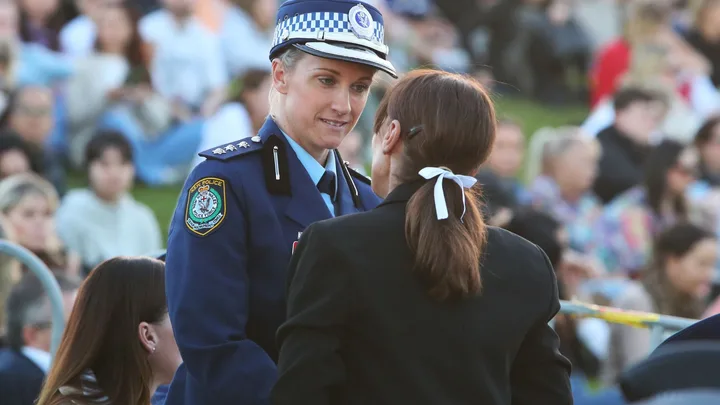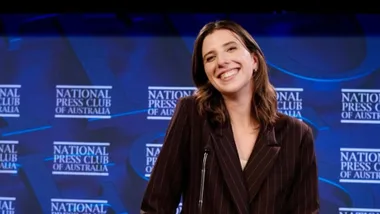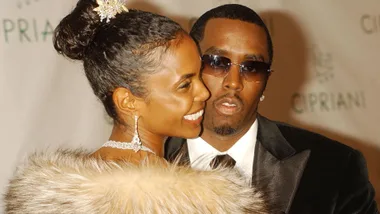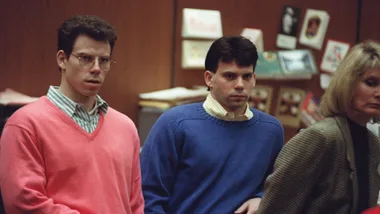NSW Police Inspector Amy Scott has recalled the terrifying moment she faced Joel Cauchi, the man responsible for the deadly attack at Westfield Bondi Junction. Testifying at the coronial inquest into the massacre, Scott spoke with raw emotion about the intense fear she felt as she confronted the knife-wielding killer on the fifth floor of the shopping centre.
On April 13, 2024, Scott was driving on routine patrol when an urgent radio call alerted her to a stabbing spree unfolding in the crowded shopping centre. As she reached Bondi Junction, the scene that greeted her was chaotic: civilians fleeing in panic, shouting for help, and urging her to stop the attacker. Despite being alone and unprotected, Scott raced toward the heart of the crisis, determined to prevent further bloodshed.
A Hero’s Desperation
The inquest revealed Scott’s courage as she entered the Westfield complex alone, with no backup and no protective vest. “I knew right then it was very real,” Scott said, reflecting on the moment she received the call about the stabbing. Within minutes, she arrived at the scene, where bystanders, including two French nationals and a security guard, urgently flagged her down.
Despite the grave risk, Scott acted with remarkable courage. She assessed the situation and identified the attacker as Cauchi, who had already fatally stabbed six people. Armed with a 30-centimetre military knife, Cauchi posed an extreme threat to the public and Scott knew she had little time to act. “As long as I’m chasing this guy, hopefully he’s not going to do any more damage,” she recalled, focusing on clearing the area of civilians.
As she made her way through the shopping centre, Scott’s heart raced. Her thoughts were on the innocent lives at stake – especially the woman with a pram hiding behind a large pot plant. “I mouthed at her to run,” she said, recalling the moment with distress. Cauchi, still holding the knife, turned to face her.
A Life-or-Death Showdown
The confrontation escalated as Cauchi charged towards Scott, who was alone in the face of an armed attacker. “My first thought was that he was going to kill me,” Scott admitted. In a split-second decision, she fired her weapon three times – two shots striking Cauchi, and a third hitting the pot plant that had been the hiding place for a frightened woman and child.
The entire encounter lasted a harrowing 90 seconds, but for Scott, it felt like an eternity. The emotional toll was evident as she tearfully described the moment: “It felt like a year, but it was maybe five minutes that I was with Joel,” she said.
After the shooting, Scott faced the daunting task of securing the weapon from Cauchi’s lifeless body, a moment of grim responsibility that added to the trauma of the day. She was later hailed as a hero for her decisive actions, having stopped the rampage before Cauchi could claim more lives. The policewoman’s courage, however, was not without a deep personal cost.
Acknowledging the Courage of First Responders
As Scott continued her testimony, she reflected on the bravery not only of herself but of all first responders involved in the incident. Her voice cracked with emotion as she spoke about the officers who joined the scene after the shooting. “We ask a lot of young police. I can assure you they feel fear,” she said.
For Scott, the traumatic experience also revealed the extraordinary support she received from her colleagues, even as some have struggled to return to work since the attack. “That day restored my faith in humanity,” Scott said, praising the officers, paramedics, and civilians who acted quickly.
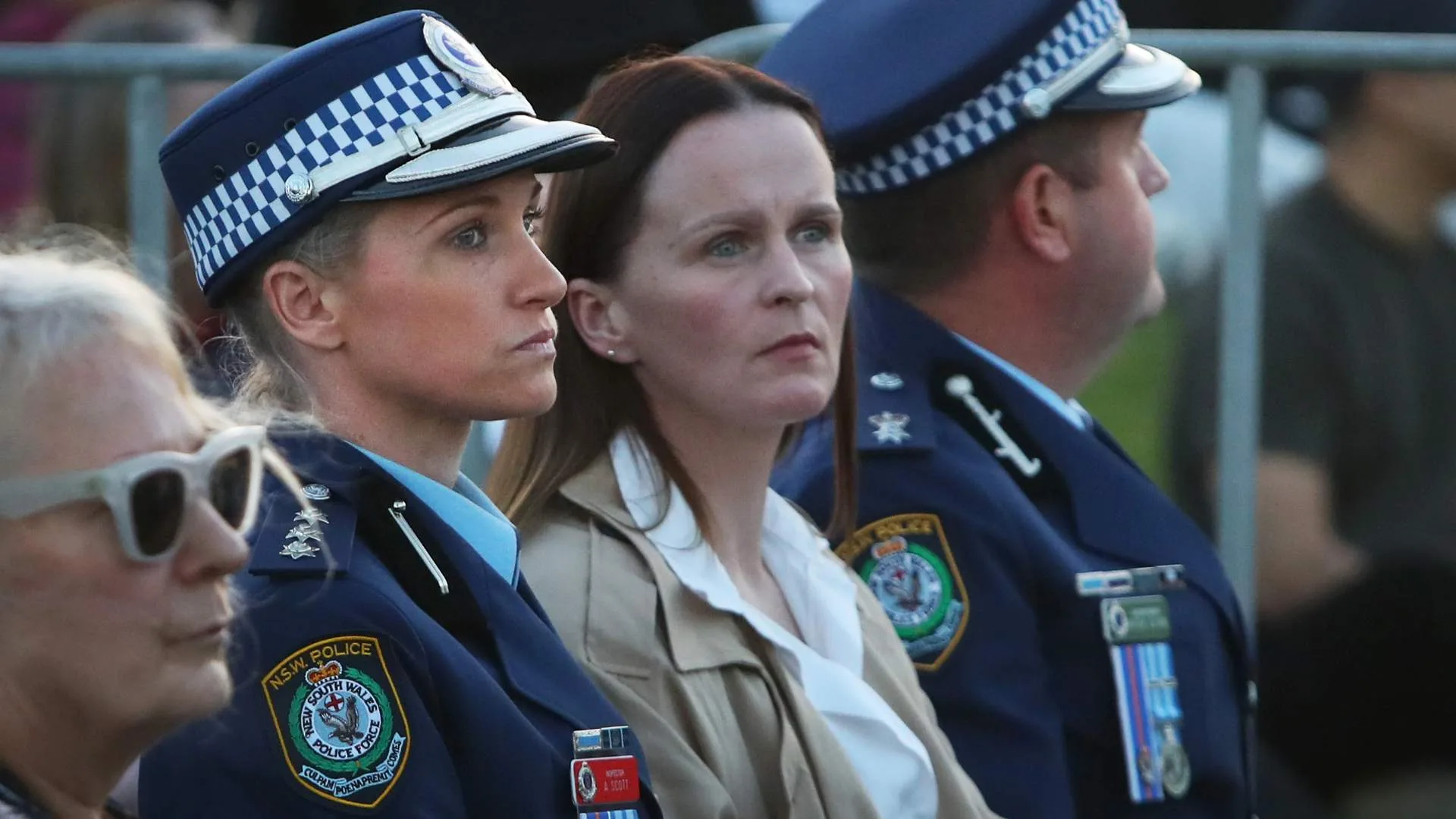
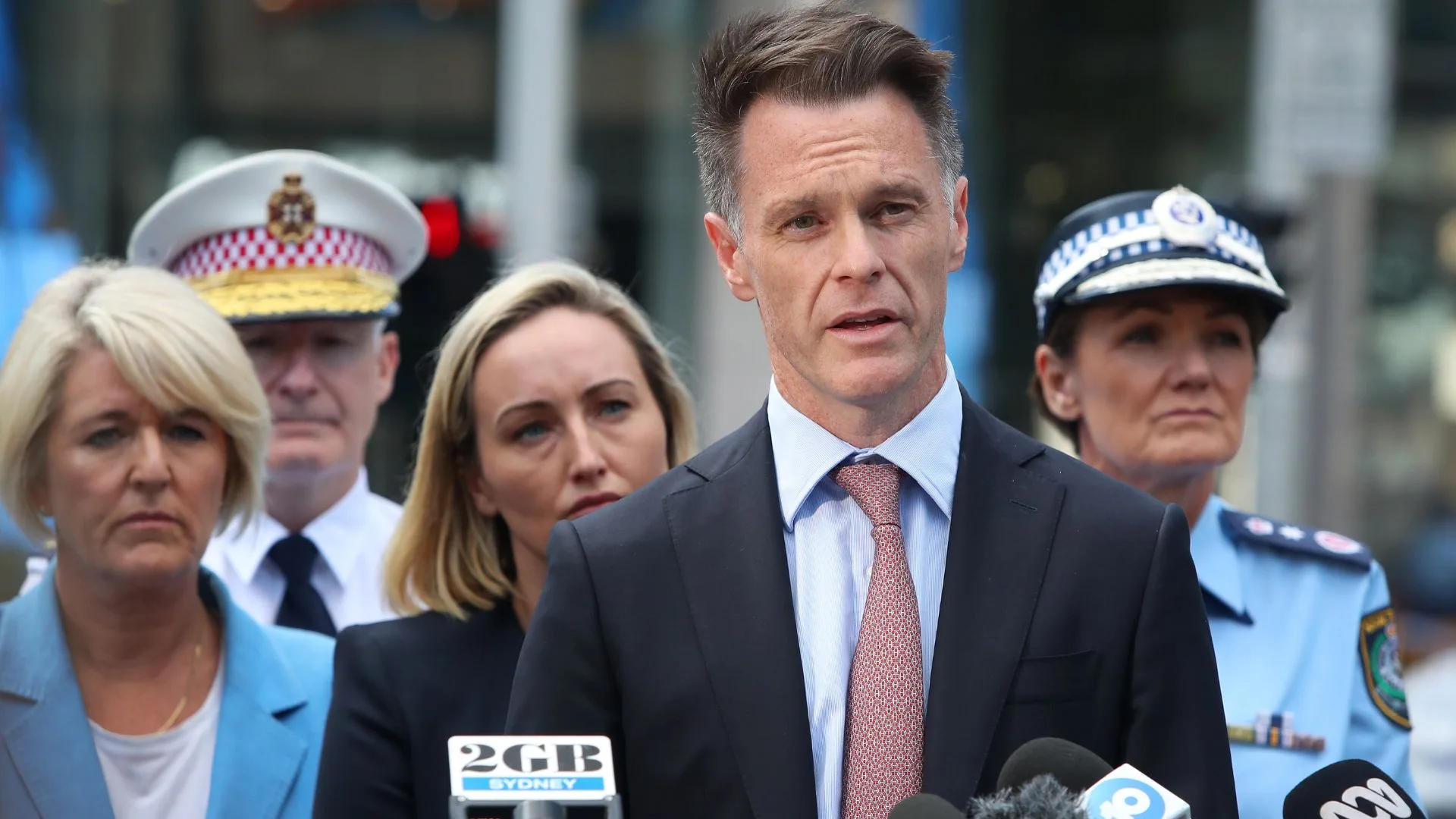
Mental Health Crisis
The incident demonstrates not only a failure of security measures but also a result of systemic issues within Australia’s mental health care system. Cauchi, who had been diagnosed with schizophrenia, had deteriorated in the years leading up to the attack. His family had raised concerns about his behaviour, and there were multiple indications that he was struggling with severe mental health issues.
Scott pointed out that it would have been beneficial for a mental health professional to accompany the police during such crises. “NSW Police are regularly called to respond to people in mental health crisis,” she said, emphasising the need for better collaboration between law enforcement and mental health services to address such situations before they escalate into violence.
The inquest has highlighted the critical gaps in mental health support, especially for individuals like Cauchi, whose untreated condition contributed to the horror that unfolded in Bondi Junction.
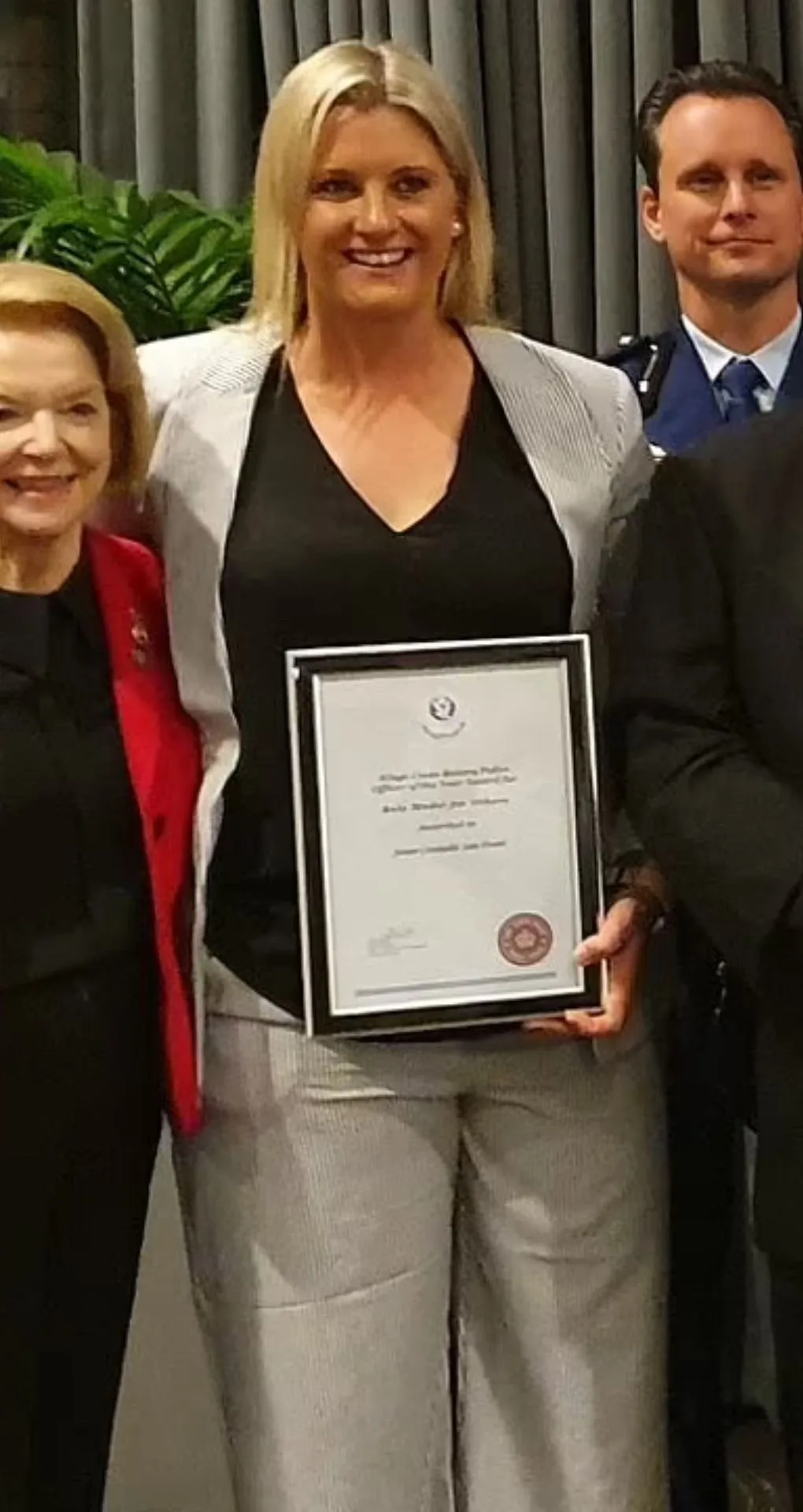
The Legacy of the Bondi Junction Tragedy
The aftermath of the Bondi Junction stabbing attack has left deep scars on the community and the survivors. The emotional toll on the victims’ families and the first responders is profound, but Scott’s testimony offers a glimpse of resilience in the face of unimaginable horror.
As she closed her statement, Scott reached out to the victims’ families and the survivors, offering them words of compassion and hope. “I just want to acknowledge their courage and bravery,” she said, acknowledging the pain that will linger long after the inquest concludes.
If you need support, reach out to any of these services:
- Lifeline: call 13 11 14, text 0477 13 11 14 or chat online
- Beyond Blue: call 1300 22 4636
- 1800RESPECT: call 1800 737 732, text 0458 737 732 or chat online
- If you need immediate assistant, please call 000
